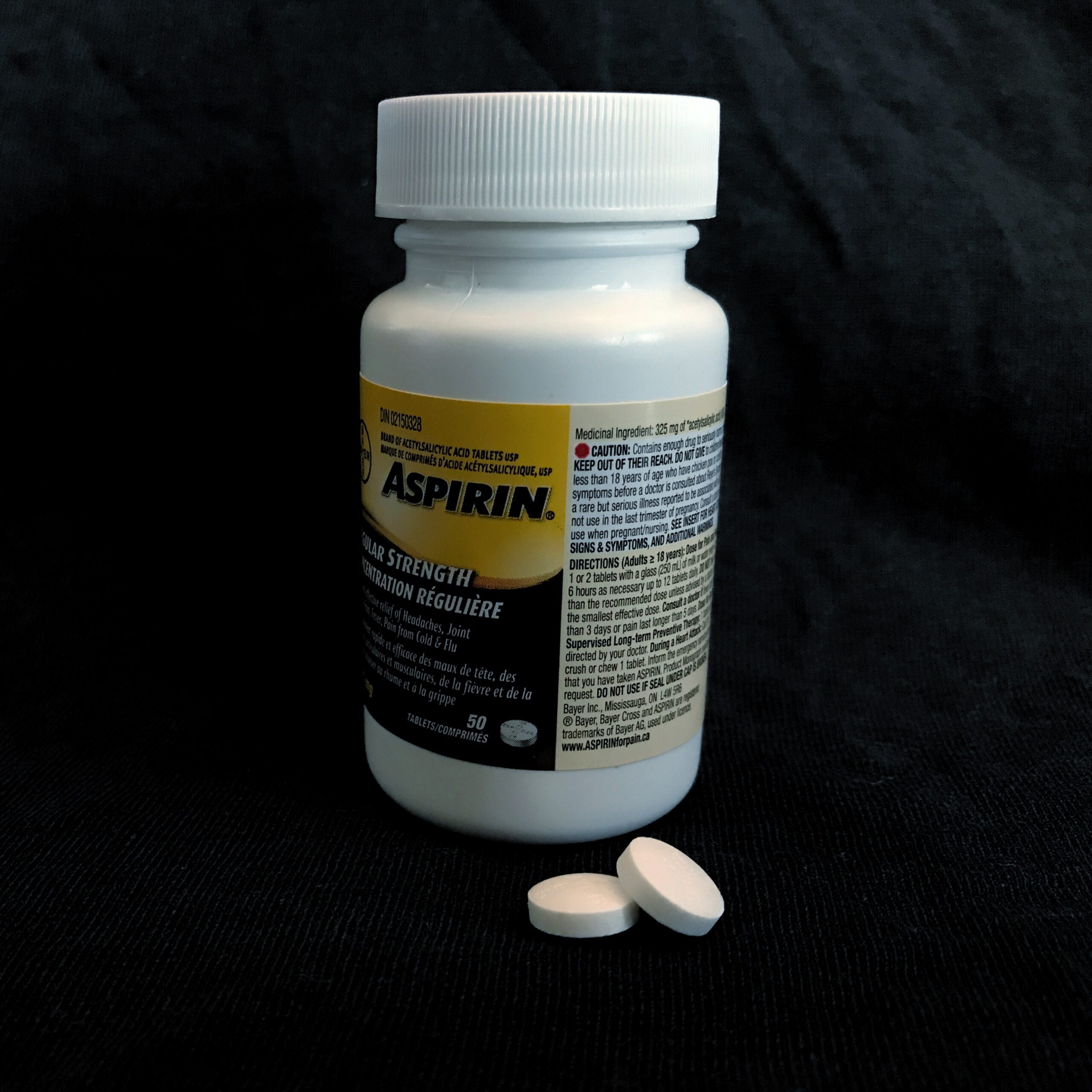Low dose aspirin, thought to provide a measure of prevention for healthy older adults, may not offer the protection researchers once believed, especially for those over the age of 70. A new, large-scale study not only calls into question the benefit of taking low-dose aspirin daily, but the findings also show that elderly adults who have not had a heart attack or stroke may suffer more harm than good from this commonly-used drug.
According to a study of more than 19,000 adults over the age of 70 during a five-year period, aspirin taken daily in a low 100 mg dose did not prolong disability-free survival in healthy older adults. Instead, a daily low dose of aspirin was found to increase the rate of major bleeds. The double-blind trial excluded elderly adults with any pre-existing chronic illness including cardiovascular disease or a diagnosis of dementia.
The results of the Aspress study were published in The New England Journal of Medicine. The findings do not rule out the possible benefit aspirin may provide in preventing colorectal malignancies although the effects may not be noticeable until people have been taking the drug for a longer period of time than the course of the study.
It’s important for people who have been taking a preventative low dose aspirin daily to talk with their doctor about how the findings of this study may apply to them specifically. This study was designed to weigh the risk level for healthy adults over the age of 70; the current guidelines don’t have enough information for this age group to make a recommendation. As with any medication, talk first with your doctor before stopping or starting any drug regime.
To learn more about the U.S. Preventative Services guidelines regarding the use of aspirin to prevent cardiovascular disease and colorectal cancer for adults aged 50-69, follow this link to the Task Force website.






Add Your Voice
0 Comments
Join the Discussion